Kitchen Essentials for Your Home-Based Business
Starting a home-based food business can be an exciting venture. It allows you to turn your passion for cooking into a profitable enterprise while maintaining the flexibility of working from home. However, setting up a kitchen that meets the needs of a professional operation, while also complying with local health and safety regulations, requires careful planning and consideration. In this blog, we'll explore the essential elements needed to create an efficient and compliant kitchen for your home-based business, focusing on the importance of small hand washing basins and kitchen prep sinks.

Understanding Local Regulations
Before diving into the specifics of kitchen setup, it's crucial to understand that each local area has its own set of regulations governing home-based food businesses. These regulations are designed to ensure that your kitchen operates safely and hygienically, protecting both you and your customers. Therefore, the first step in organising your home-based food business is to contact your local council to get the necessary information and guidelines.

Planning Your Kitchen Layout
Creating a separate kitchen for your home-based business is essential to maintaining a professional environment and ensuring compliance with health regulations. Here are some key considerations for planning your kitchen layout:
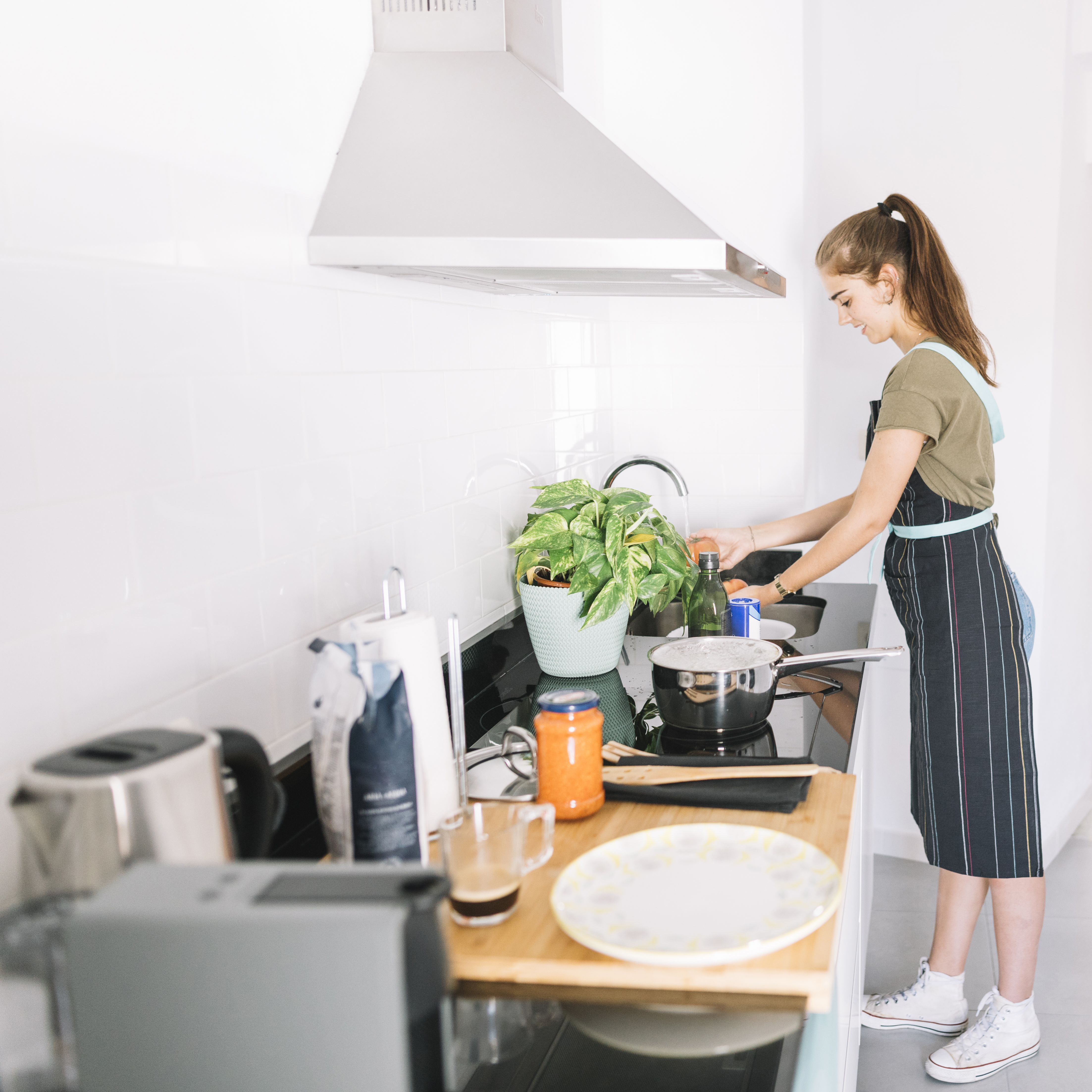
1. Designate a Specific Area: Choose a dedicated space in your home that can be converted into a professional kitchen. This area should be separate from your personal kitchen to prevent cross-contamination and to maintain a clear boundary between personal and business activities.
2. Optimize Workflow: Arrange your kitchen layout to facilitate an efficient workflow. This includes creating designated zones for different tasks such as food preparation, cooking, and cleaning. An optimised layout can significantly enhance productivity and reduce the risk of errors.
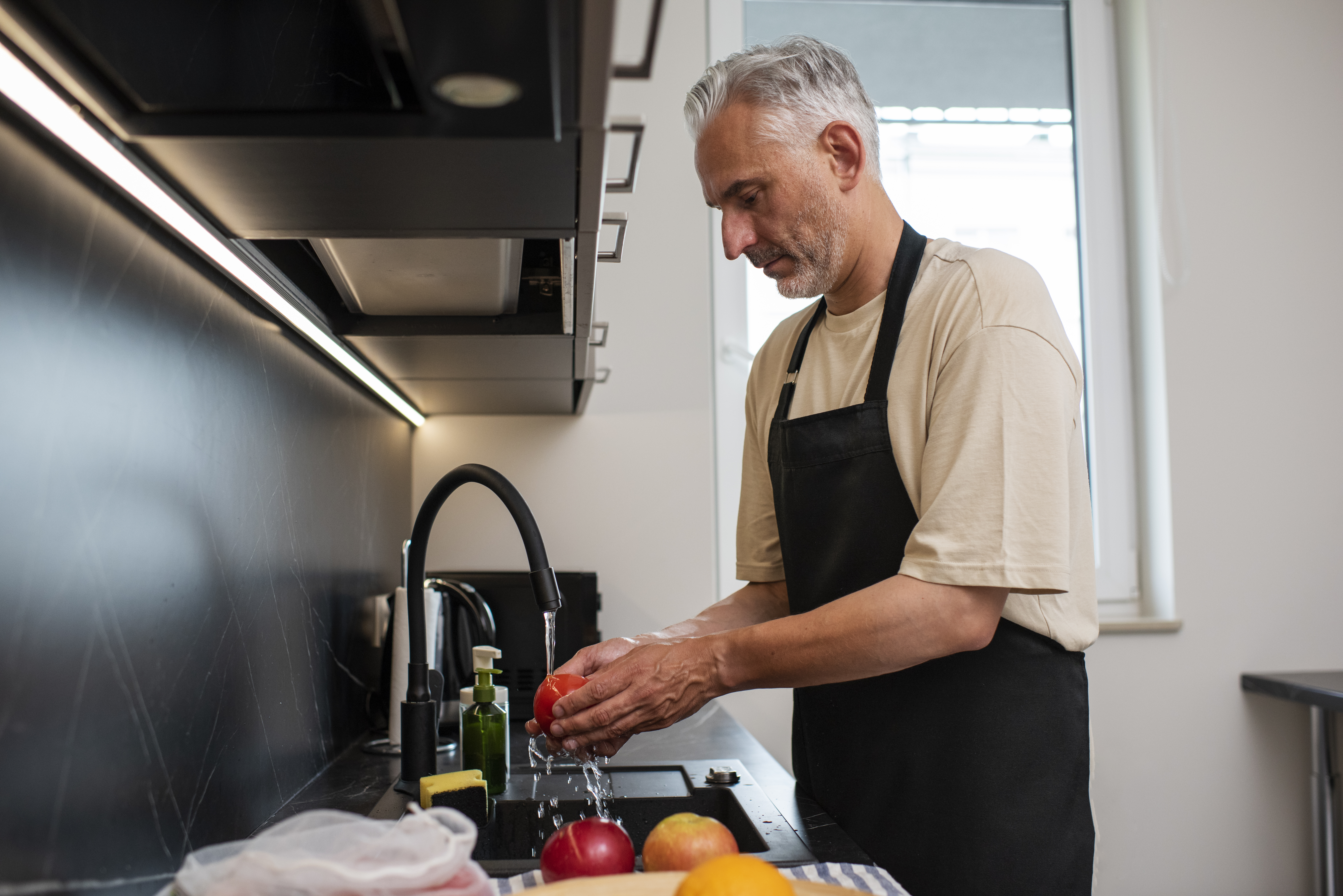
3. Adequate Ventilation: Ensure your kitchen has proper ventilation to prevent the buildup of smoke, steam, and odours. Good ventilation is not only important for maintaining a comfortable working environment but also for complying with health and safety regulations.
Essential Kitchen Equipment
Equipping your home-based business kitchen with the right tools and appliances is vital for efficiency and compliance. Here are the essentials you need to consider:
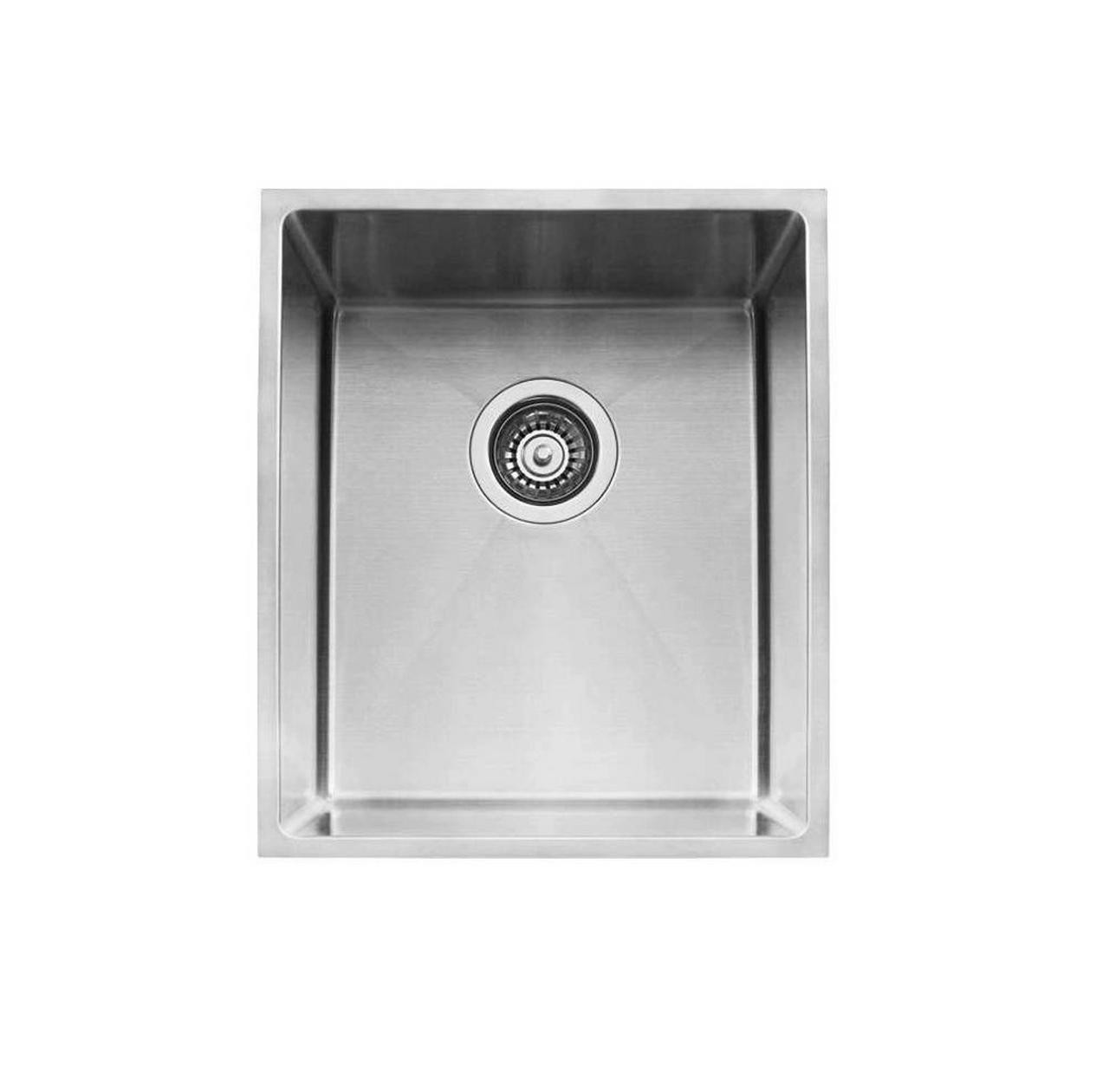
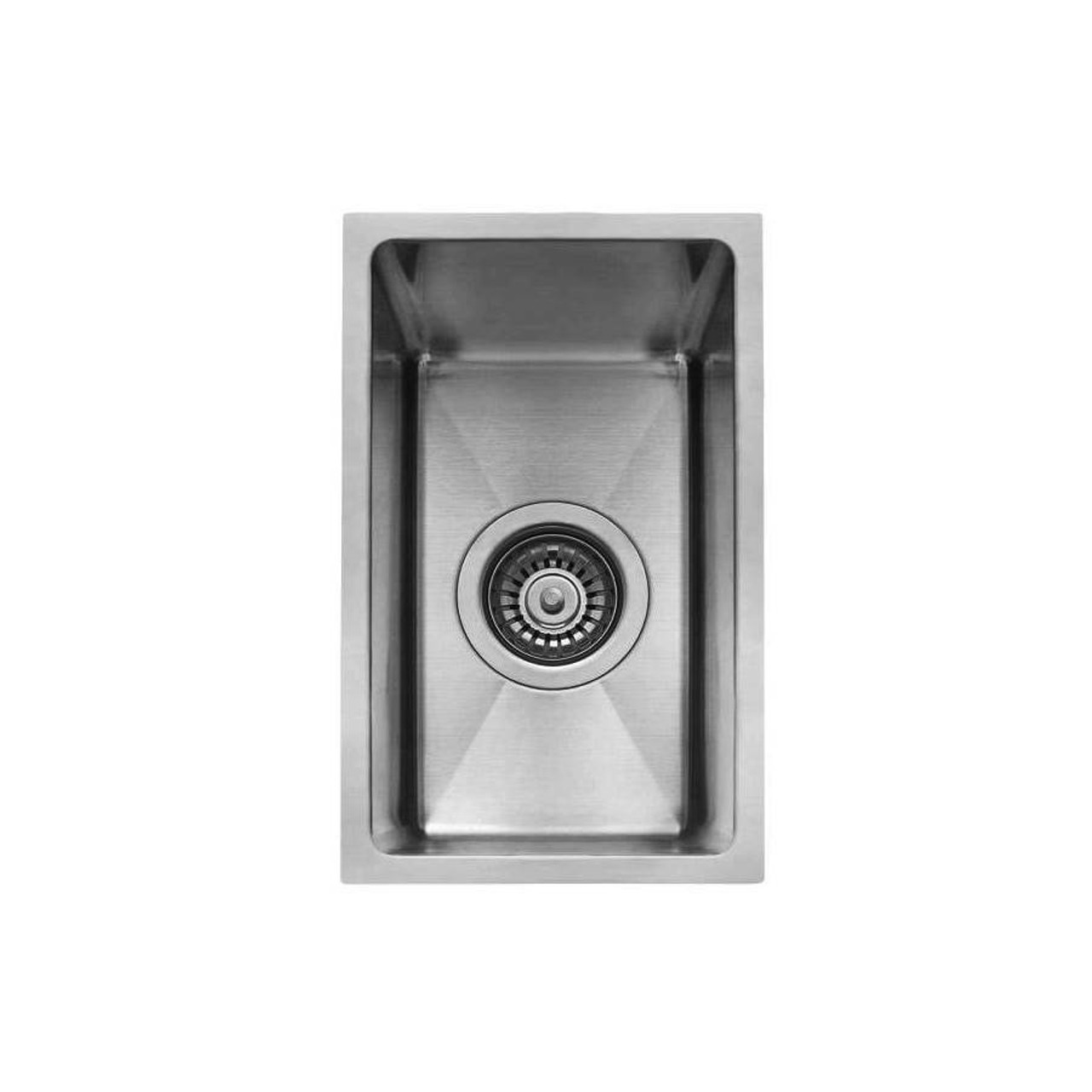
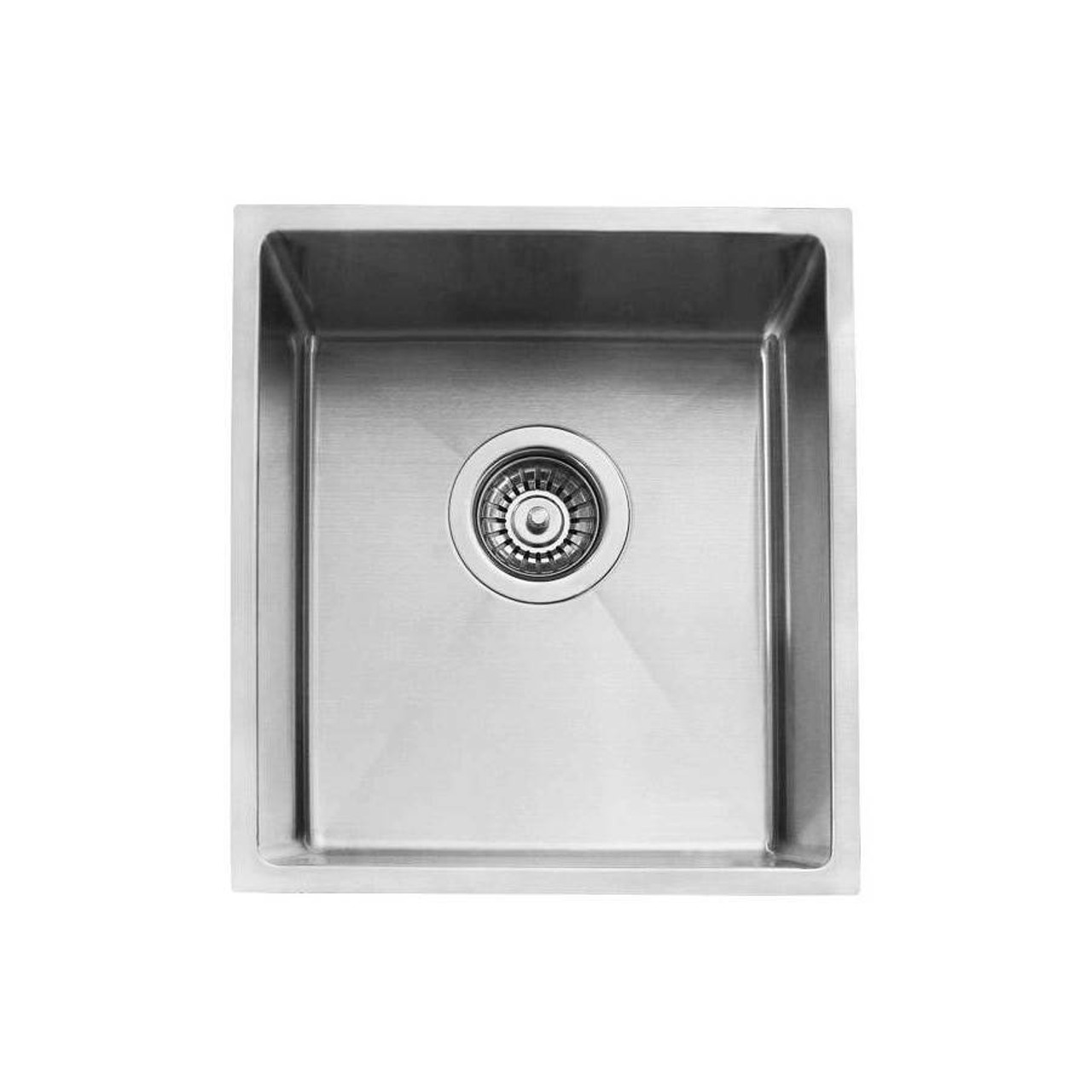
https://www.sinkwarehouse.com.au/products/tech-75u...
https://www.sinkwarehouse.com.au/products/tech-30u...
https://www.sinkwarehouse.com.au/products/tech-60u...
1. Small Hand Washing Basins: Hand hygiene is paramount in any food business. Installing small hand washing basins in your kitchen ensures that you and your staff can maintain clean hands at all times. These basins should be easily accessible and stocked with soap and disposable towels or hand dryers.
2. Kitchen Prep Sinks: Separate prep sinks are crucial for washing fruits, vegetables, and other ingredients. These sinks help to prevent cross-contamination by keeping food preparation separate from other activities such as dishwashing.
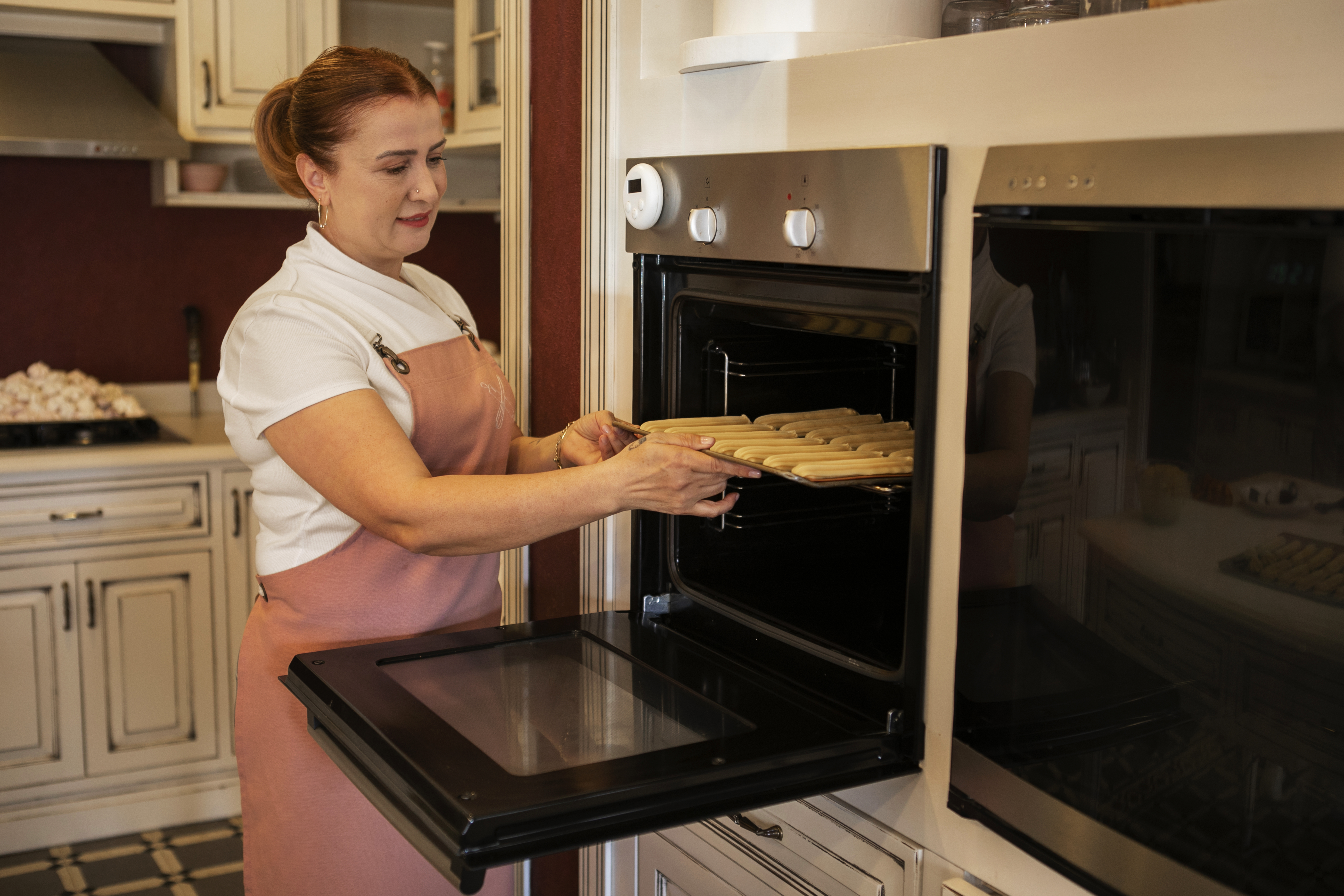
3. Commercial-Grade Appliances: Invest in commercial-grade appliances such as ovens, stoves, and refrigerators. These appliances are designed to handle the demands of a busy kitchen and are often more durable and reliable than standard home appliances.
4. Adequate Storage: Proper storage is essential for maintaining an organised and efficient kitchen. Consider installing shelves, cabinets, and pantry spaces to store ingredients, utensils, and equipment. Ensure that dry goods, refrigerated items, and cleaning supplies are stored separately to avoid cross-contamination.
5. Food Safety Equipment: Equip your kitchen with food safety tools such as thermometers, food-grade containers, and labeling systems. These tools help to ensure that food is stored and prepared at the correct temperatures and that all items are properly labeled with dates and contents.
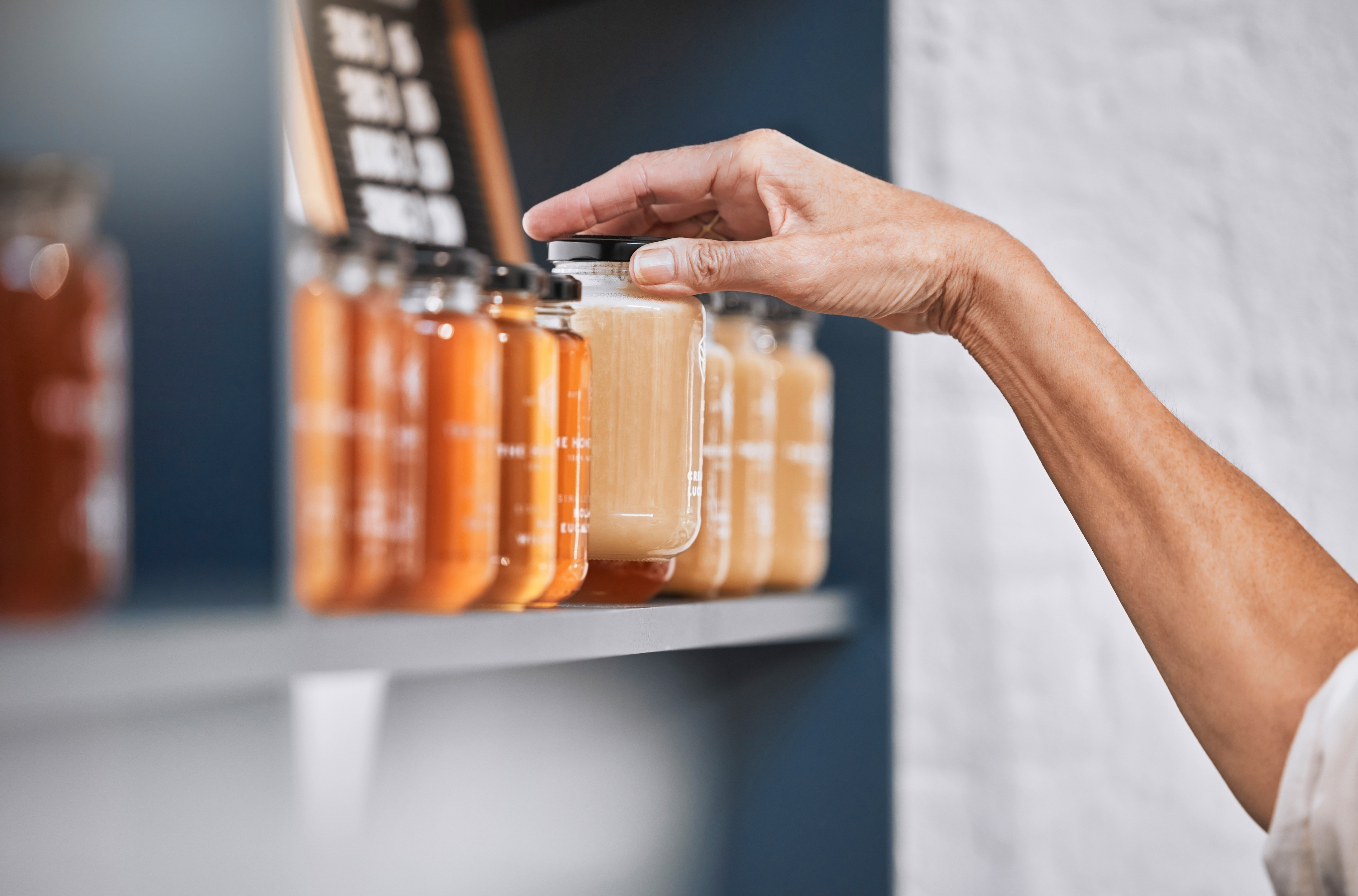
Maintaining Cleanliness and Hygiene
A clean and hygienic kitchen is crucial for the success of your home-based food business. Here are some best practices to maintain cleanliness:

1. Regular Cleaning Schedule: Develop a regular cleaning schedule to ensure that all areas of your kitchen are cleaned and sanitized frequently. This includes surfaces, equipment, and floors. Keeping a cleaning log can help you stay on track and ensure that nothing is overlooked.
2. Proper Waste Management: Implement an effective waste management system to handle food scraps and other waste. Use bins with lids to contain odours and prevent pests, and ensure that waste is disposed of regularly.
3. Pest Control: Implement measures to prevent and control pests. This includes keeping your kitchen clean, sealing gaps and cracks, and using pest control products if necessary. Regular inspections can help to identify and address any potential issues before they become a problem.
Training and Compliance
Ensuring that you and your staff are properly trained in food safety and hygiene is essential for running a successful home-based food business. Here are some steps to take:
1. Food Safety Training: Enroll in food safety training courses to learn about proper food handling, storage, and preparation techniques. Many local councils offer these courses, and some may even be available online.

2. Stay Informed: Keep up-to-date with local regulations and industry best practices. This includes staying informed about any changes to health and safety laws that may affect your business.
3. Documentation: Maintain accurate records of your training, cleaning schedules, and compliance checks. This documentation can be essential during health inspections and can help to demonstrate your commitment to maintaining a safe and hygienic kitchen.
Setting up a separate kitchen for your home-based business requires careful planning and attention to detail. By understanding local regulations, optimizing your kitchen layout, investing in essential equipment, and maintaining strict cleanliness and hygiene practices, you can create a professional and efficient kitchen that supports your business goals. Remember, a well-organised kitchen not only enhances productivity but also ensures the safety and satisfaction of your customers. So, take the time to plan and equip your kitchen properly, and you'll be well on your way to running a successful home-based food business.
Recent Posts
-
Upgrade Your Space with the Perfect Fit Series – New from The Sink Warehous
Your kitchen is more than just a space—it’s the heart of your home. Whether you're …14th Apr 2025 -
Mastering DIY: The Sink Warehouse's Flat-Pack Cabinet Assembly & Installation Guides
Ready to upgrade your kitchen, laundry, or bathroom with DIY flat-pack cabinets? The Sink Wareh …14th Apr 2025 -
Built to Last: Häfele Hardware with a Lifetime Warranty
When you're investing in a new kitchen, laundry, or cabinetry upgrade, you want more than just …14th Apr 2025




